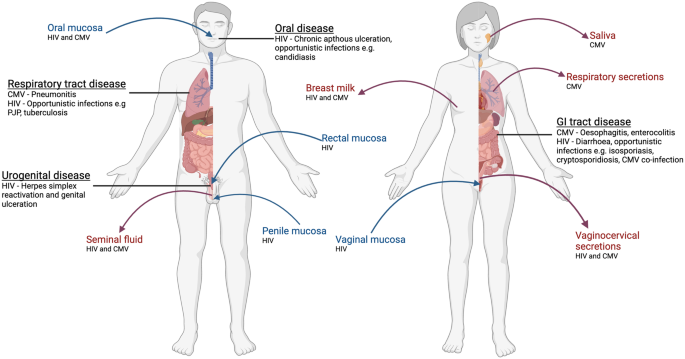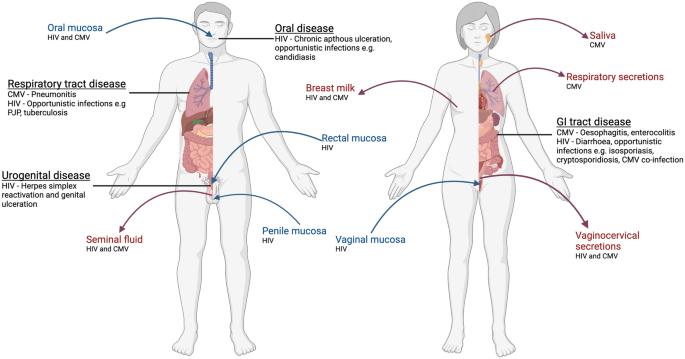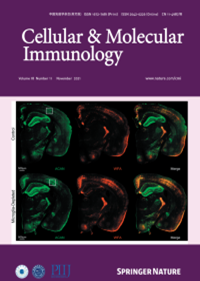Mucosal T-cell responses to chronic viral infections: Implications for vaccine design
IF 21.8
1区 医学
Q1 IMMUNOLOGY
引用次数: 0
Abstract
Mucosal surfaces that line the respiratory, gastrointestinal and genitourinary tracts are the major interfaces between the immune system and the environment. Their unique immunological landscape is characterized by the necessity of balancing tolerance to commensal microorganisms and other innocuous exposures against protection from pathogenic threats such as viruses. Numerous pathogenic viruses, including herpesviruses and retroviruses, exploit this environment to establish chronic infection. Effector and regulatory T-cell populations, including effector and resident memory T cells, play instrumental roles in mediating the transition from acute to chronic infection, where a degree of viral replication is tolerated to minimize immunopathology. Persistent antigen exposure during chronic viral infection leads to the evolution and divergence of these responses. In this review, we discuss advances in the understanding of mucosal T-cell immunity during chronic viral infections and how features of T-cell responses develop in different chronic viral infections of the mucosa. We consider how insights into T-cell immunity at mucosal surfaces could inform vaccine strategies: not only to protect hosts from chronic viral infections but also to exploit viruses that can persist within mucosal surfaces as vaccine vectors.


慢性病毒感染的黏膜 T 细胞反应:对疫苗设计的影响
呼吸道、胃肠道和泌尿生殖道的粘膜表面是免疫系统与环境之间的主要界面。其独特的免疫学特征是,必须在对共生微生物和其他无害接触的耐受性与对病毒等致病威胁的保护之间取得平衡。包括疱疹病毒和逆转录病毒在内的大量致病性病毒利用这种环境建立了慢性感染。效应T细胞和调节T细胞群,包括效应T细胞和驻留记忆T细胞,在介导急性感染向慢性感染的过渡中发挥着重要作用,在这一过程中,病毒复制在一定程度上是可以容忍的,以最大限度地减少免疫病理。慢性病毒感染期间持续的抗原暴露会导致这些反应的进化和分化。在这篇综述中,我们将讨论对慢性病毒感染期间粘膜 T 细胞免疫的认识进展,以及 T 细胞反应的特征是如何在粘膜的不同慢性病毒感染中发展的。我们认为对粘膜表面 T 细胞免疫的深入了解可为疫苗策略提供信息:不仅可以保护宿主免受慢性病毒感染,还可以利用可在粘膜表面持续存在的病毒作为疫苗载体。
本文章由计算机程序翻译,如有差异,请以英文原文为准。
求助全文
约1分钟内获得全文
求助全文
来源期刊
CiteScore
31.20
自引率
1.20%
发文量
903
审稿时长
1 months
期刊介绍:
Cellular & Molecular Immunology, a monthly journal from the Chinese Society of Immunology and the University of Science and Technology of China, serves as a comprehensive platform covering both basic immunology research and clinical applications. The journal publishes a variety of article types, including Articles, Review Articles, Mini Reviews, and Short Communications, focusing on diverse aspects of cellular and molecular immunology.

 求助内容:
求助内容: 应助结果提醒方式:
应助结果提醒方式:


